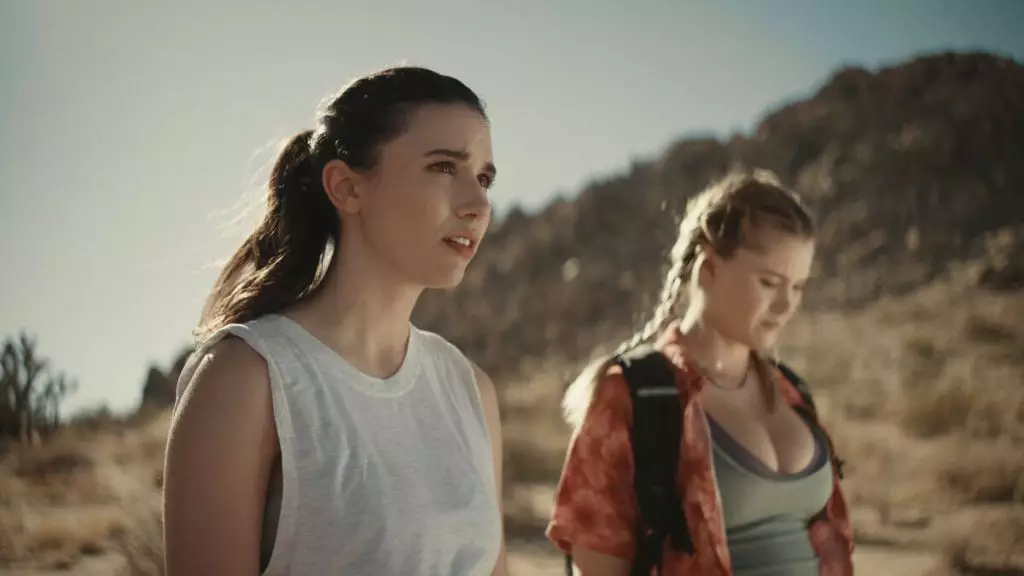As artificial intelligence (AI) continues to reshape various industries, the film sector stands at the forefront of this transformation. A recent panel at the Zurich Summit delved into the multifaceted implications of AI on cinema, featuring prominent figures such as Jim Rivera, Chief Product Officer at Flawless, and David Unger, CEO of Artist International Group. Their comprehensive discussions highlighted a significant yet nuanced perspective: while AI presents remarkable opportunities for innovation and cost efficiency, it also raises critical ethical and qualitative concerns.
Unger optimistically introduced the idea that we are witnessing a paradigm shift akin to the advent of sound in films—a moment that fundamentally alters the cinematic landscape. He posited that AI’s integration into the filmmaking process could lead to the emergence of a wholly new cinematic language. This potential shift is fascinating; it suggests that future creators may operate in ways we cannot yet imagine, redefining narrative structures, format lengths, and notions of stardom. This level of transformation indeed ignites a sense of anticipation about the future of storytelling—one that might generate a new wave of creative talent schooled in utilizing AI effectively.
Flawless, a leader in AI-driven execution within independent cinema, uses advanced tools like TrueSync to modify performances and adapt scenes, thereby streamlining production. Their recent attraction, “The Fall,” exemplifies this technology’s capability to cut costs and enhance efficiency. Yet, Rivera remarked on the obstacles still ahead, particularly concerning quality. While AI excels at innovation, the fidelity of AI-generated content must remain uncompromised. Film quality—comprising color depth, resolution, and aesthetic coherence—is paramount, and filmmakers must navigate these challenges as they incorporate AI into their workflows.
Moreover, Rivera raised ethical dilemmas surrounding consent. As AI modifies on-screen performances, the question of an actor’s right to dictate how their likeness is represented becomes paramount. Flawless has actively engaged with film industry guilds to establish ethical standards, emphasizing that as technology evolves, so too must the rights protecting individuals. This interaction between advancing technology and existing ethical boundaries illustrates the complex terrain the industry is venturing into, harking back to historical shifts in creative mediums where rights and consent regulations were not fully established.
Cost Efficiency Versus Artistic Integrity
With financial pressures tightening budgets in indie film production, the prospect of cost-saving measures through AI is undeniably appealing. Producer Sara Murphy claimed that AI could potentially save hundreds of thousands of dollars by minimizing the need for reshoots. For a generally cash-strapped industry, these tools can provide substantial financial relief. However, this meritocracy of cost reduction also leads to apprehension about what might be sacrificed in the pursuit of streamlining processes. The artistic integrity of film cannot be undervalued, and the potential commodification of creativity prompts a debate on whether expedience should take precedence over depth and emotional engagement.
WME Partner Chris Jacquemin pulled parallels between the early days of smartphone technology and the emerging landscape of AI in cinema. Just as the initial applications felt immature, he suggests that many AI tools are still in their infancy and may require time and iteration. While many clients are exploring these technologies for storyboarding and pitching, the real long-term filmmaking implications remain to be genuinely realized. The industry must maintain oversight not only to ensure quality but to preserve the artistic essence that defines filmmaking as a form.
The conversation took an intriguing turn when the panel was posed with the question of whether we might witness the emergence of an AI movie star akin to a digital “Harrison Ford.” The consensus was strikingly affirmative, suggesting that the boundaries between human actors and AI-generated personas may blur in the near future. Jacquemin reflected on early projects aimed at creating virtual worlds, hinting at the inevitable rise of digital characters that may claim celebrity status.
This prospect invites critical reflection on the implications for traditional actors and the entertainment ecosystem at large. The fusion of AI with star power could lead to a redefined notion of celebrity—one that raises discussions about authenticity, the commodification of digital identities, and the evolution of fan engagement. While the allure of AI-generated characters offers fresh opportunities, it is essential that the industry navigates this uncharted territory with a balance of innovation and ethical responsibility.
The dialogue surrounding AI’s role in the filmmaking industry is as dynamic as the technology itself. While the potential for increased creativity, efficiency, and new formats is alluring, industry stakeholders must tread carefully to preserve artistic integrity and establish robust ethical guidelines. The journey towards an AI-infused cinematic future will likely be riddled with challenges, but with proactive engagement from professionals, it promises to be an exhilarating endeavor. Embracing this new era calls for mutual respect between technological advancements and human artistry—a delicate balance that will ultimately define the next chapter in filmmaking history.

